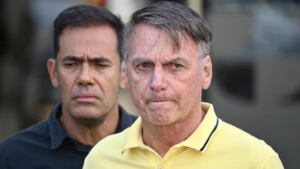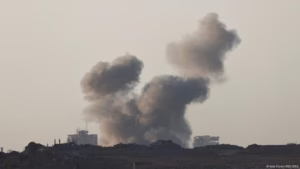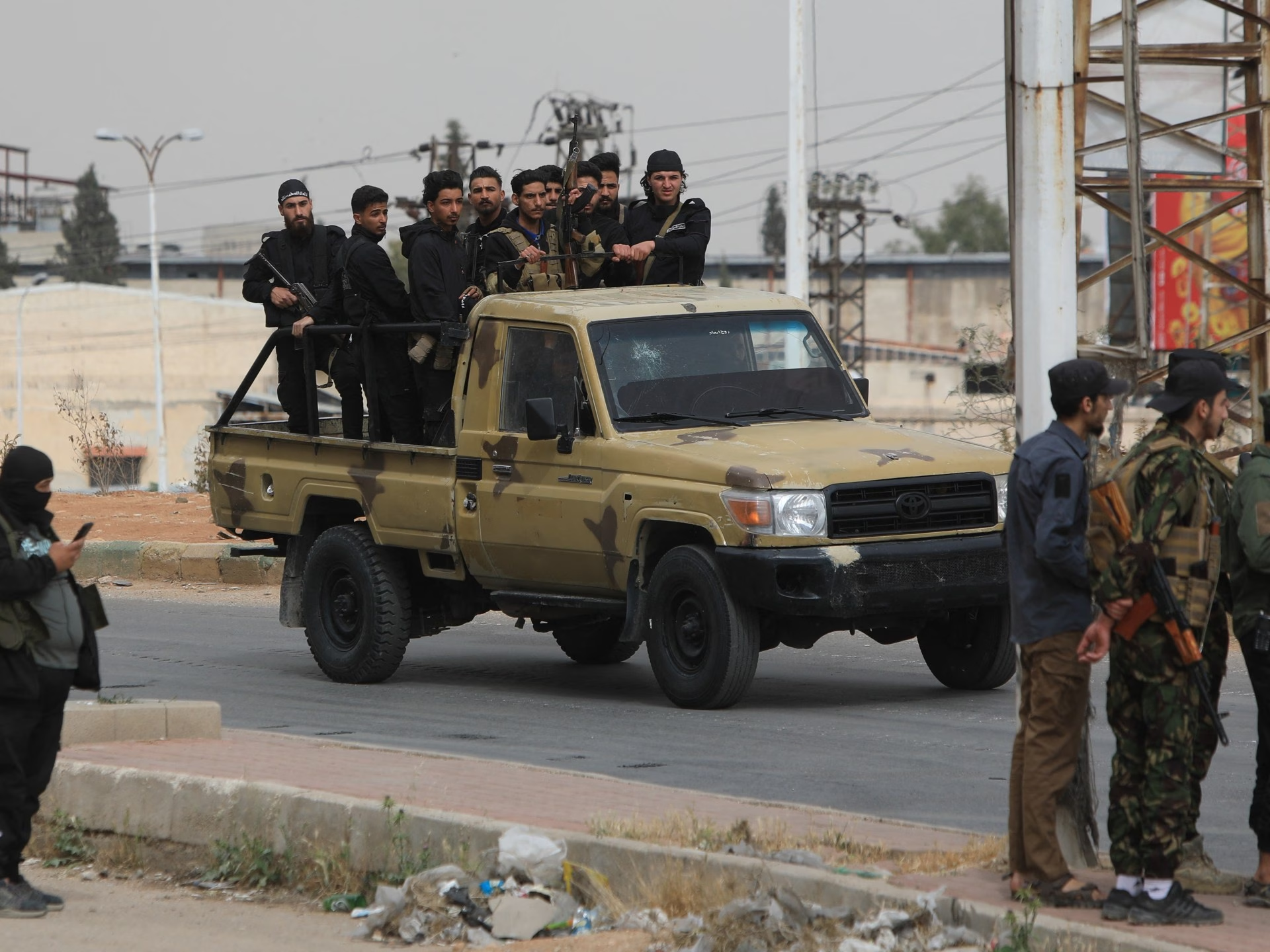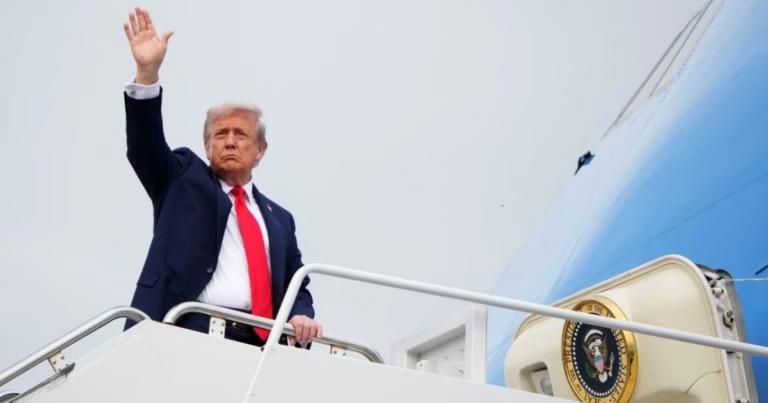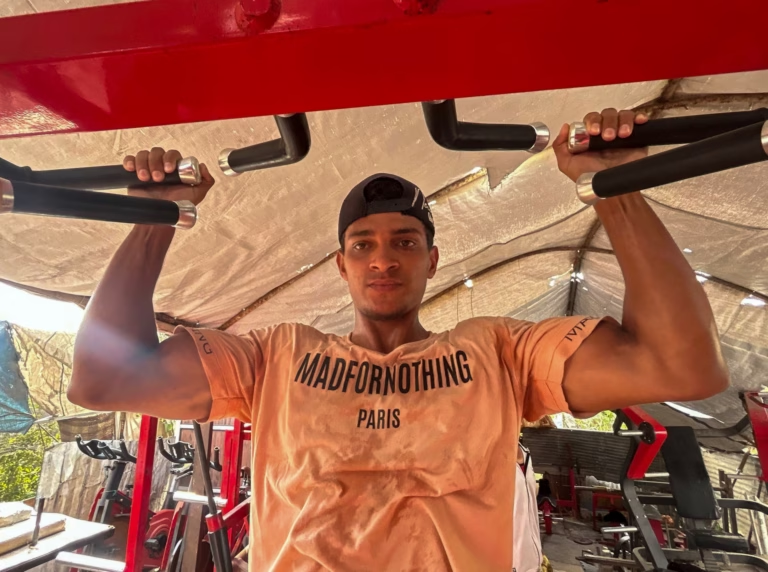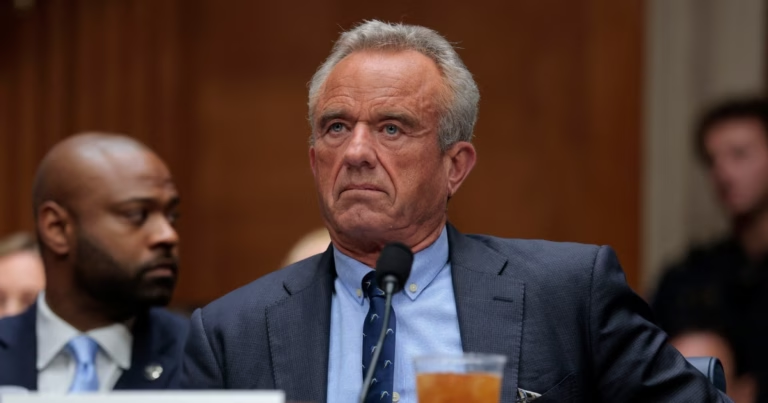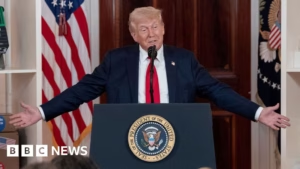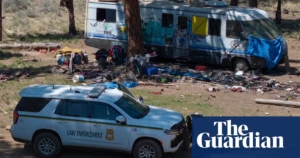Leader of Syria’s Druze community condemns ‘genocidal campaign’ following deadly sectarian clashes near Damascus.
Sheikh Hikmat al-Hijri, addressing the public on Thursday, branded the violence witnessed in Jaramana and Sahnaya as a “genocidal campaign” specifically aimed at the Druze community within Syria. The turmoil has claimed the lives of numerous individuals.
According to Syria’s Ministry of Information, the clashes resulted in the deaths of 11 members of the country’s security forces in two distinct incidents.
The United Kingdom-based Syrian Observatory for Human Rights (SOHR), renowned for monitoring the conflict, reports that the death toll exceeds 101, including 30 individuals loyal to the government, 21 Druze fighters, and 10 civilians, which include the former mayor of Sahnaya, Husam Warwar.
In the Sweida province, a significant Druze community area, the SOHR documented 40 Druze fighters’ deaths, primarily occurring during an ambush on the Sweida-Damascus road on Wednesday.
Example of violent altercations arose after an audio clip perceived as critical of Islam’s Prophet Muhammad circulated online, mistakenly attributed to a Druze scholar. Marwan Kiwan, the scholar in question, vehemently denied responsibility for the clip, which incited anger among many Sunni Muslims.
In response to escalating tensions, the Syrian government announced a settlement agreement between Druze leaders and government representatives, which led to the deployment of security forces and pro-government fighters in Sahnaya, causing Druze gunmen to vacate the streets.
Graphic videos evidenced members of pro-government armed groups assaulting captured Druze men in Sahnaya, accompanied by inflammatory sectarian statements.
Sheikh al-Hijri’s statement decried this violence as “systematic, clear, visible, and documented,” expressing a loss of trust in the current government’s professed commitment to its people.
This wave of violence poses significant challenges to Syria’s new ruling body, which assumed power following the removal of long-standing leader Bashar al-Assad in December. The violence echoes a disturbing trend of massacres in March, where security forces and associated groups were responsible for the deaths of over 1,700 Alawite civilians, as per SOHR accounts.
Syrian authorities decline foreign intervention
Israeli officials have shown support for the Druze community, with Defence Minister Israel Katz warning of a forceful response from Israel should Syria’s new leadership fail to safeguard the minority group.
Foreign Minister Asaad al-Shaibani firmly asserted Syria’s opposition to foreign intervention, emphasizing the importance of national unity for stability and renewal. He warned that any calls for external interference could exacerbate the situation and drive further divisions.
Despite these tensions, the majority of Druze spiritual leaders and factions have chosen to address their concerns directly with the new government. However, the communal fear of reprisal attacks following a crackdown on Bashar al-Assad loyalists in Syria’s coastal region has led to widespread reluctance among the Druze to relinquish their arms, viewing them as essential for their protection.
Videos depicting burned homes and brutalized Alawite bodies have circulated widely, prompting tens of thousands to flee to neighboring Lebanon. This climate of fear has left many hesitant to return home, deepening the distrust of government entities among the Druze community.
